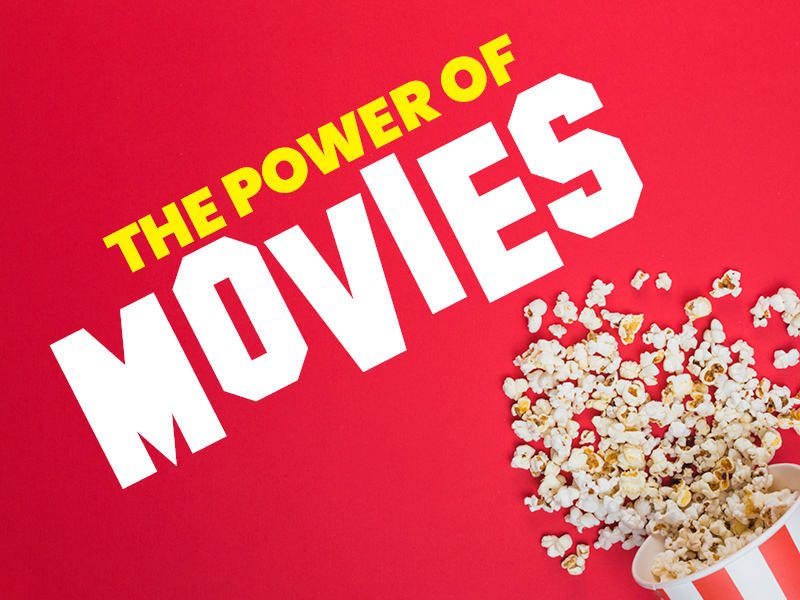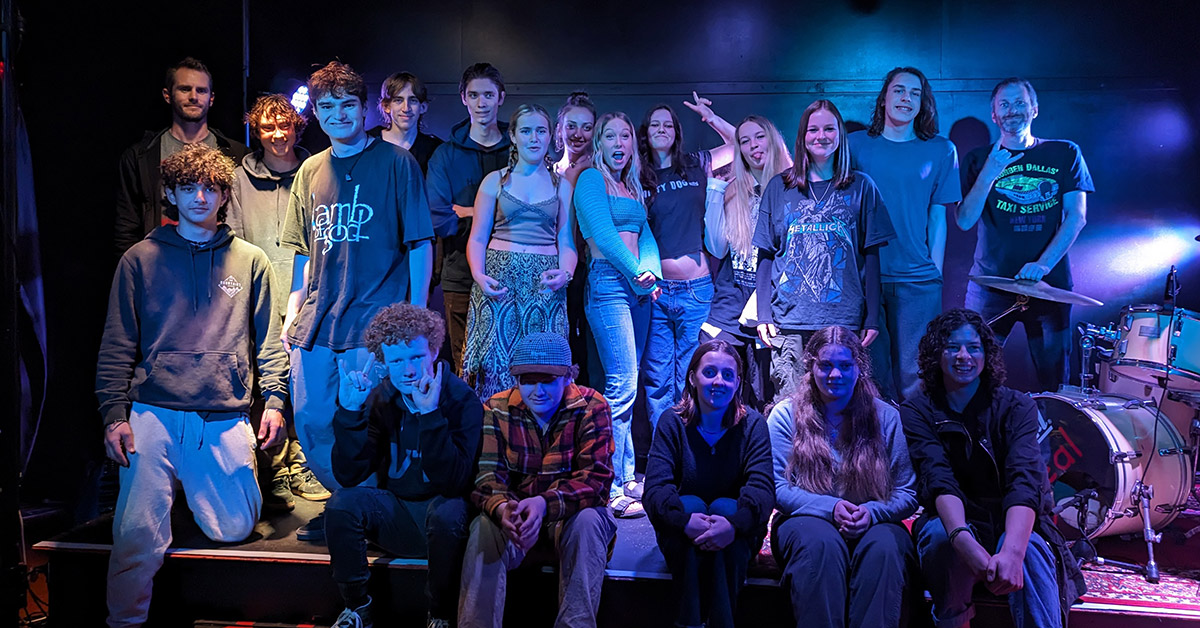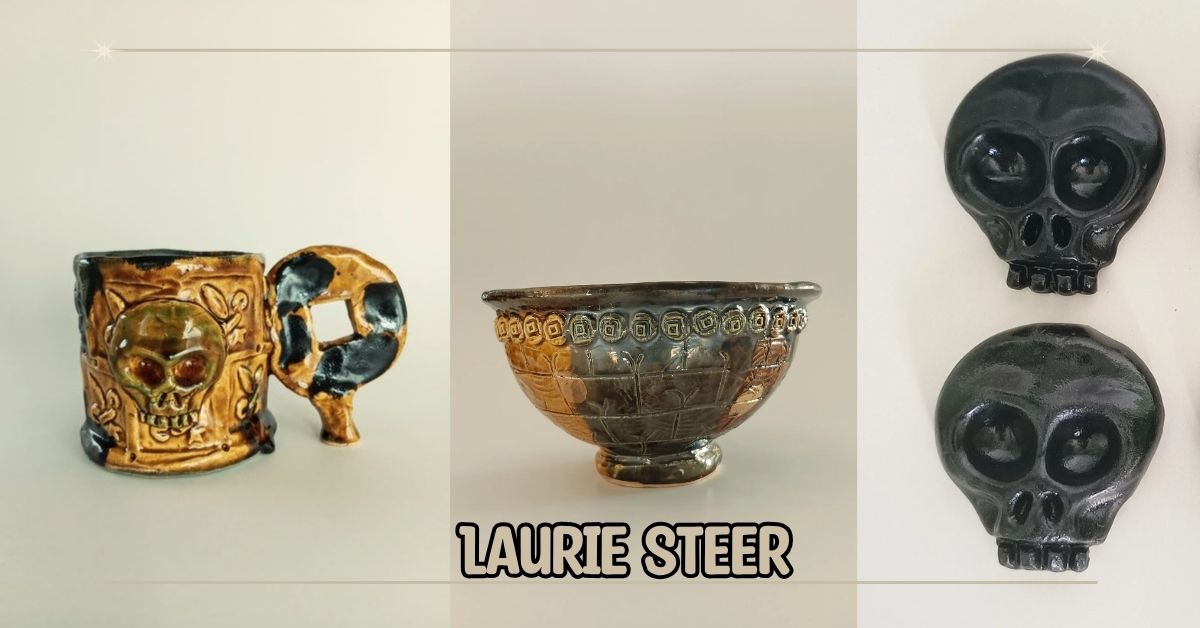
Movies also play an important role in bringing people together.
Movies have been a major part of our lives for over a century. They have the power to take
us on an emotional rollercoaster, transport us to other worlds and help us understand
different perspectives and points of view. Movies have always been considered one of the
most effective mediums of storytelling. As cinemas are often a focal point for the
community, they and the movies they show have become an important vehicle for
education.
Movies are an excellent source of storytelling, and they offer a unique way to explore
different historical topics. Anyone who has seen Schindler’s List will have a lasting
memory of the little girl in the red coat. Spielberg’s masterful tracking shots and use of
colour in what was mostly a black and white film meant that the fate of the little girl was
burnt into our memories and educated us about the horrors of the Holocaust. Visual
storytelling through movies about historical events makes it much easier for us to get a
feeling for the time in history and empathise with the people who lived through those
events.
One of the most significant benefits of movies as an educational tool is that they can make
complex topics more accessible and engaging. For example, movies like Interstellar and
The Martian (and even Ant-Man!) have used visuals and storytelling to make it easier for
people to understand complex scientific ideas. While the science in these films may not
stand up to peer review, they do provide those of us without a PhD an insight into some
pretty clever stuff.
Living in our beautiful part of the world, sometimes cut off by dodgy roads, it can be easy
to forget that we all experience our lives differently. Movies offer the opportunity to learn
about the places, cultures, traditions, customs and values of different societies. They
also offer the chance to better understand the other people and cultures living in our own
country. Last year the movies Whina and Muru gave us the opportunity to reflect on
people and events that have shaped our lives in New Zealand. This year We Are Still
Here was a powerful reminder of colonisation and the ongoing struggle of many
indigenous people here in New Zealand and the wider Pacific.
Movies can bring attention to important social issues and raise awareness about them.
For instance, movies like The Color Purple and The Help highlight the issue of racism
and discrimination in society. Similarly, movies like Erin Brockovich and The Insider
shed light on corporate greed and corruption. The animated hit Inside Out gave a better
understanding of how our emotions affect behaviour – as well as some great parenting
tips!
Movies also play an important role in bringing people together. Whether you’re watching a
movie with your family, friends or significant other, it’s an experience that you share
together. This can create a shared sense of community, giving us a common bond and
something to talk about long after the credits have rolled.
Last but not least, movies have the power to inspire us and push us to pursue our dreams.
My travelling ‘to-do’ list was inspired by the movies I watched as a child and I was not
disappointed when I got there in person. Our dream of owning a cinema was inspired by
our love of movies and the way they enhance the human experience by either reflecting
how our society is or imagining how it could be. And besides all that learning, who doesn’t
want to spend some time in the dark with an excuse to eat snacks?
5 Things I’ve Learned From Movies
1. With the right people, you can achieve just about anything.
2. Don’t go into the basement or the abandoned house.
3. There are some really awful people in the world who do really awful things.
4. There are some really amazing people in the world and we should all try harder to
be more like them.
5. People that want you to succeed and be your best self are worth their weight in
gold.
-Words by Anne-Maree McDougall






